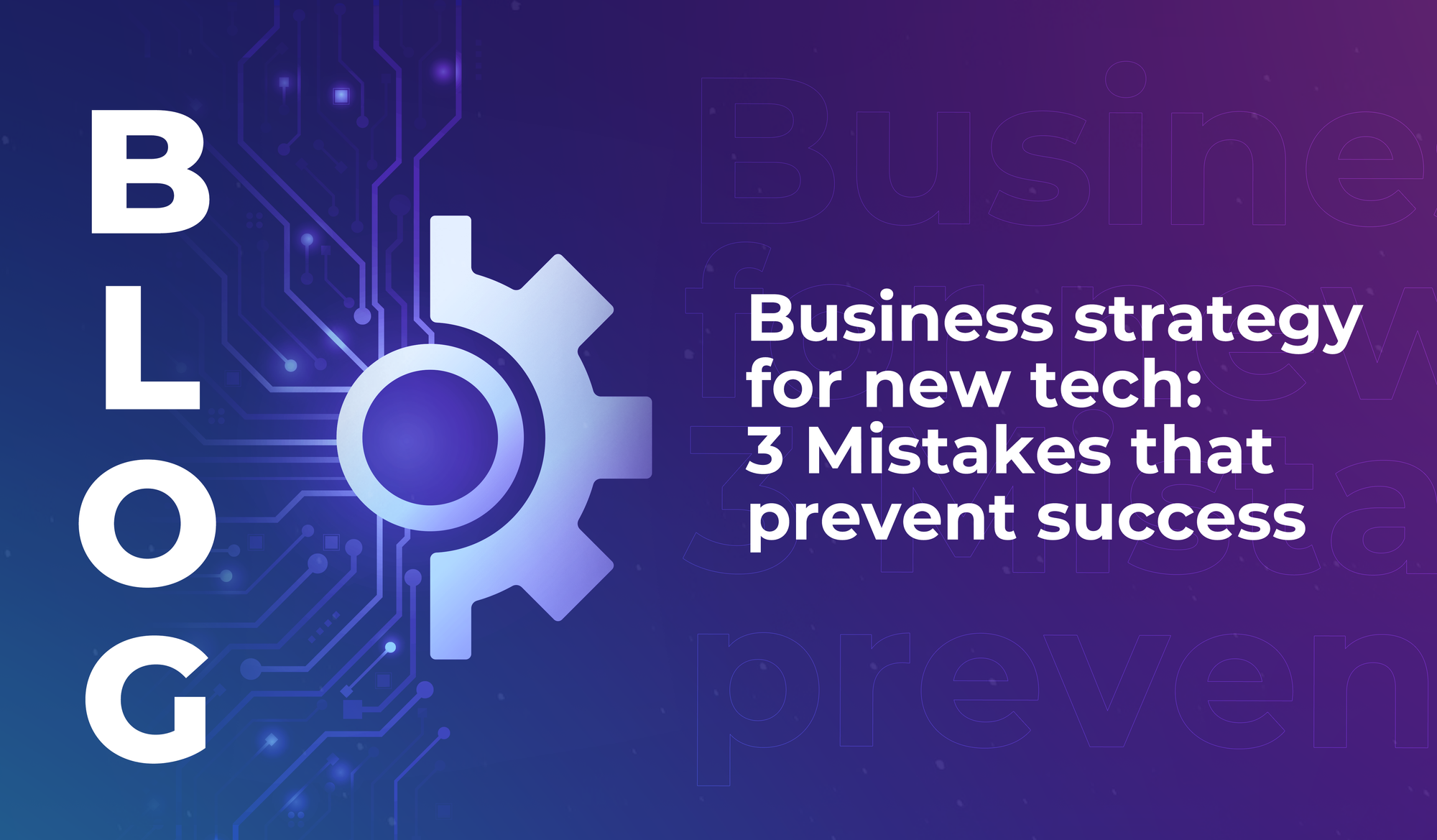
Crypto payments in 2025: What’s new and what’s next?
Find out why more companies are offering crypto payments, and why cryptocurrency is key to growing your business and accessing international markets.


We’ve been talking to some of our keynote speakers in the run-up to #LEAP23 – and here’s just a little of what they said.
This week we’re quoting…
Marlies Schijven (Professor of Surgery at Amsterdam UMC; Chair on Digital Health, Project Leader eHealth Dutch Federation of Universities)
What Schijven said:
“Find and embrace well-meant criticism, as that will help you much more – although it may be difficult – than random applause.”
The value of constructive criticism
Schijven’s words were in relation to the development of health technology. But no matter what you’re doing, the point is transferable to pretty much everything: constructive, well-intended criticism is really valuable.
It’s better to get useful feedback than to have everyone tell you that everything you’re doing is amazing.
Why?
Well; imagine you’re a writer. You’ve written a novel. You want to know if your novel’s any good – so you give it to your Mum. She reads it and tells you it’s better than Alias Grace and War and Peace put together (what a strange book that would make).
The result: you still have no idea if your novel is good or not.
So you change tactics. You give your novel to that friend you have; the one who always tells you the truth. Someone who loves you but isn’t afraid to tell you when you’re wrong – so much so that they upset you sometimes with their bluntness.
And their feedback is much more useful. You learn what you need to change about your book in order to make it better.
What’s this got to do with new tech?
Maybe instead of writing a novel, you’ve been developing a new product, or you’ve prototyped a new service.
Don’t just show it to tech industry people.
Get critiques from people within your industry, for sure. But also go wider. Talk to the people who might be resistant to the kind of tech you’re developing. Ask what they think.
Because the more objections you can eliminate at an early stage, by designing your product or service with those criticisms in mind – the better chance you have of success.
As Israelmore Ayivor wrote in his book Leaders’ Ladder,
“Leaders look out for people who can criticize them constructively and rebuke them reasonably.”
Read the interview: Healthtech research and the power of collaboration
This week we’re also quoting…
Kinga Stanislawska (Co-Founder and Managing General Partner at Experior VC)
What Stanislawska said:
““The issue does not lie in our personal beliefs, since although distribution of capital should be equal due to moral reasons, we cannot simply omit half of the population. It truly has a business sense.”
What’s the issue?
The issue in question is gender diversity: Stanislawska explained that increasing diversity within company teams isn’t about morals, it’s about business. And that’s true of diversity across race, ethnicity, and economic background, as well as gender.
Teams with greater diversity drive better performance.
In numbers…
We’ve written a whole blog post about this. But to drive the point home, here’s the link between diversity + performance – in numbers:
It’s not just the right thing to do
Increasing diversity within companies, and within the entire tech industry, isn’t just the right thing to do.
It’s the only thing to do if we want to build a thriving, vibrant and innovative industry that will last long into the future – and serve countries, communities and citizens in the ways they most need to be served.
Read the blog: How gender-diverse VCs drive performance and social change

Find out why more companies are offering crypto payments, and why cryptocurrency is key to growing your business and accessing international markets.

Have you ever wondered how artificial intelligence experts actually feel about AI? Read this.

A tech business strategy expert shares the biggest mistakes that tech innovators make, and explains why an effective business model is more important than a cutting-edge product.

Find out why more companies are offering crypto payments, and why cryptocurrency is key to growing your business and accessing international markets.

Have you ever wondered how artificial intelligence experts actually feel about AI? Read this.

A tech business strategy expert shares the biggest mistakes that tech innovators make, and explains why an effective business model is more important than a cutting-edge product.